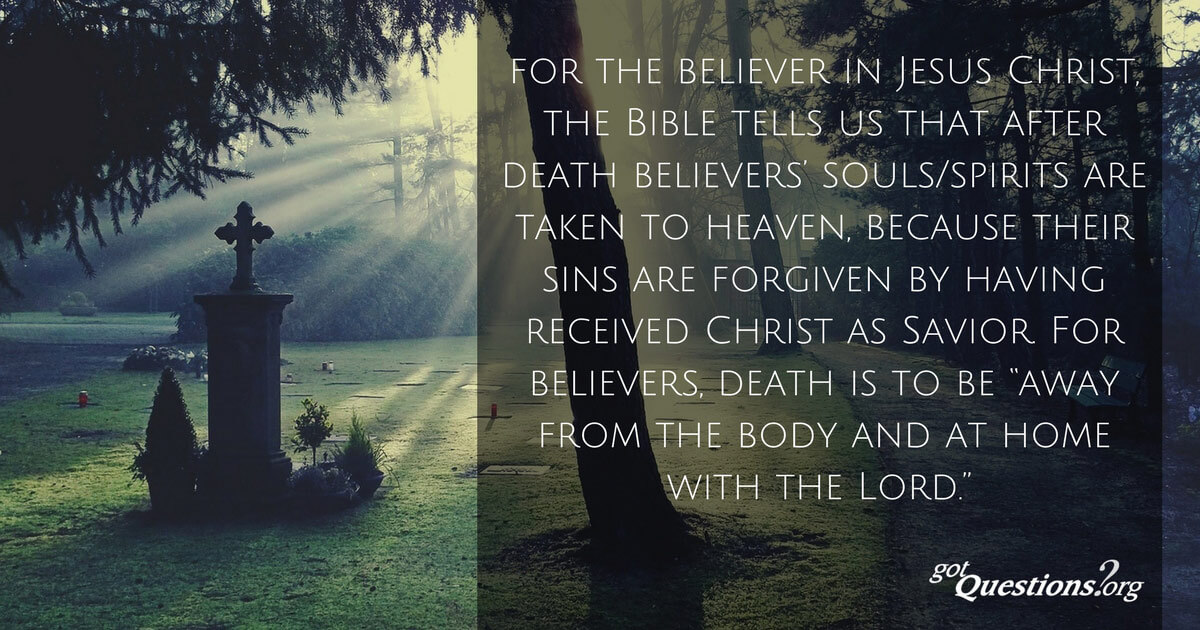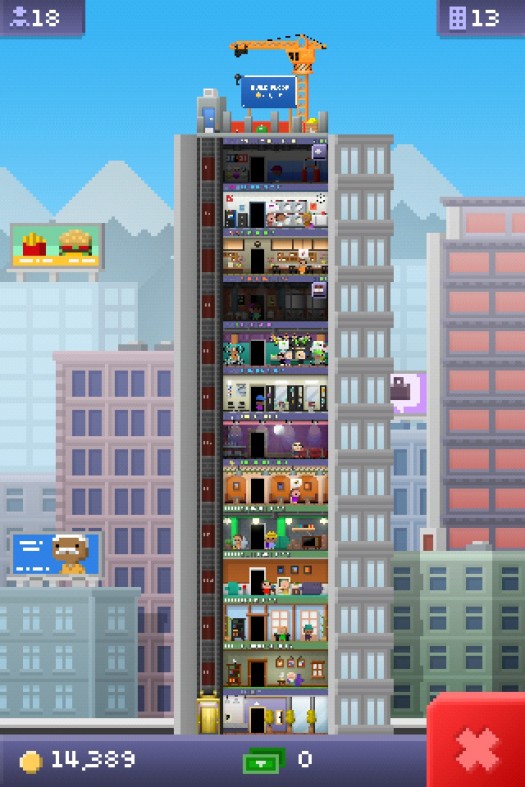
And we're Ellie while she does exactly that, relishing her vengeance, even when it turns ugly. We're Ellie when she lights out for Seattle with her girlfriend Dina, hunting for Abby and Abby's friends, meaning to kill every last one of them. We're Ellie again when Ellie watches Abby beat Joel to death. Along the way, Joel does a good thing by rescuing a woman cut off from her friends and under threat from the zombies. We're him when he goes out on patrol with his brother Tommy and we're him when everything goes wrong. Ellie and Joel's relationship is long and deep and powerful - strained sometimes, particularly in the opening hour of TLOU2, but real.īriefly, we play as Joel. Ellie has been with us (has been us) since the start. Reading The Game Reading The Game: Red Dead Redemption 2Įllie, we know. A choice that we misunderstand maybe, condemn maybe, loathe absolutely. It is a single choice that permanently and irrevocably changes everything. It is shocking and terrible in its violence and in the way it changes everything. There's a moment in this game that you will never forget.

It makes us play as the person we hate most. It's insisting that there's something to say that can only be said, by doing something actually risky - first presenting us with Ellie's story, and then, later, offering us a new perspective, an entirely new story. And that's what The Last Of Us 2 is saying when it chooses to split its narrative in half: That story matters more than gameplay, more than comfort or consistency, more than a player's identification with this character or that one. To do something that fundamentally alters the player's experience with your game takes guts and a commitment to storytelling that puts the purity of narrative first, and everything else second. Real narrative risk (particularly in a big, high-profile, studio game) is rare. Partway through, The Last of Us Part II switches perspectives and forces players to play as Abby, a character they've been primed to hate. She's found friends her age, work that she's good at, a girl in town that she likes. Joel and Ellie have found themselves a town to live in, a community to be a part of. And when there's years of work, thousands of employees and hundreds of millions of dollars on the line, narrative risk can seem like something to engineer out, not design for. They're the dependable, sturdy, straightforward rigging on which to hang whatever story you want to tell. The reason games follow a three-act structure, chart redemption arcs, love a Big Bad, a Twist Reveal and a Boss Battle is that those things have proven to work in the past. It has the potential to alienate players, damage franchises and upend expectations to cause hurt feelings and push against calcified notions of what games are for. Where simple risk and reward is essential to the functioning of any game, narrative risk is anathema because narrative risk is actually dangerous. Narrative risk is the opposite of gameplay risk. It has the potential to alienate players, damage franchises and upend expectations. And if the risk/reward corollary is so baked into the very essence of gaming - if, in fact, it can be argued that there is no game without risk and reward - then what can a game do to make risk feel. That was when they told Joel what had to happen: That in order to make the cure and save the world, Ellie had to die.īut in being expected, is it really risk? Because if we know it's coming - if we understand that the zombies are brain-hungry all the time and the Nazis are blood-thirsty all the time and all the monsters are out to kill us all the time - then the risk feels less like possibility (the potential to get something or see something or experience something in trade for an elevated chance of imaginary death) and more like inevitability. They risked their lives for each other a hundred times and, against all odds, they made it to the hospital, to the doctor. She came to see him as a father, and he saw her like the daughter he'd lost.

Pretty much every minute of it was dangerous. We accept that (virtual) risk is part of the deal. We know that we are stepping into your 1080p, AAA murder simulator. Risk is something that video games understand because it is something that the player understands. Potential risk is how encounters are built (is it worth fighting the over-leveled boss for the potential loot drop?) and mechanical risk defines how they play out (Heal now? Dodge now? Run?). Risk is codified, incentivized, lauded, anchors the equations that drive decision-trees, is calculated as part of the experience. All Tech Considered Reading The Game: This War Of Mine


 0 kommentar(er)
0 kommentar(er)
